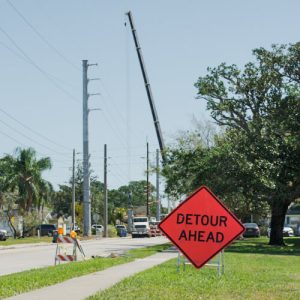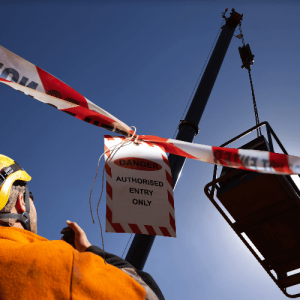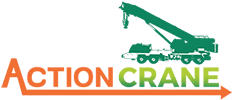
The Power of Precision
In the bustling and ever-growing communities of Kelowna and its surrounding areas, infrastructure projects, industrial needs, and residential challenges often require heavy lifting—literally. From erecting steel structures to relocating heavy equipment or handling tricky tree removals, mobile crane services play an essential role. At the heart of this industry in Kelowna stands Action Crane Service, a trusted provider of mobile crane solutions known for safety, efficiency, and reliability.
Whether you’re a contractor, a homeowner, or a business owner, here’s why choosing Action Crane Service for your lifting needs ensures your project is in the best hands.

Key Factors to Consider When Choosing the Right Mobile Crane for Your Job
Telescopic boom mobile cranes are widely used in construction, industrial, and infrastructure projects due to their versatility, mobility, and capacity to handle heavy loads. However, selecting the right crane for a specific job is not as simple as picking one based on its maximum lifting capacity. Various factors must be considered to ensure that the crane is well-suited for the job site, the type of load, and the conditions in which it will operate. This article explores the essential factors to consider when selecting a telescopic boom mobile crane for your specific project and application.

Maximum Lifting Capacity of Mobile Cranes and the Factors That Affect It
Mobile cranes are a cornerstone of modern construction, offering the flexibility and power needed to lift heavy materials and equipment to otherwise inaccessible locations. However, not every crane is built the same, and one of the most crucial aspects to understand about these machines is their lifting capacity. The lifting capacity of a mobile crane isn’t a fixed number; it changes based on several factors. Understanding these variables is essential for ensuring safe and efficient operation.

Understanding Crane Inspection Intervals in British Columbia
Crane operations play a crucial role in the construction industry, facilitating the lifting and moving of heavy materials with precision and efficiency. In British Columbia (BC), the use of cranes, particularly mobile cranes, is widespread across construction sites, ports, and industrial facilities. However, the safe operation of these powerful machines depends heavily on regular inspections and maintenance.

Things To Consider When Creating a Lift Plan
Creating a comprehensive lift plan is crucial for ensuring the safe and efficient operation of mobile cranes, especially in the unique geographical context of the Okanagan Valley in and around Kelowna, BC. This region’s diverse terrain and urban development present specific challenges and considerations that must be meticulously addressed in any lift plan. Here are the key elements that should be included in a mobile crane lift plan for such operations.

Navigating Safety Zones
Safety is paramount on construction sites, especially when it comes to crane lift operations. One crucial aspect of ensuring a secure work environment is the establishment and adherence to safety zones. In this article, we will delve into what safety zones are, how they are identified, and the importance of marking them in accordance with WorkSafeBC safe work practices.

Essential Practices When Working Around Mobile Cranes
Being part of a construction site with mobile cranes means that everyone plays a role in maintaining a safe workplace. While you may not be directly involved in crane setup and operation, your awareness and adherence to safety guidelines are integral. By respecting safety zones, staying vigilant about ground conditions, and being aware of communication and load capacity practices, you contribute to building a safer workplace for yourself and your colleagues. Remember, a culture of safety is a collective effort, and your commitment to these principles ensures that everyone goes home safely at the end of the day.

